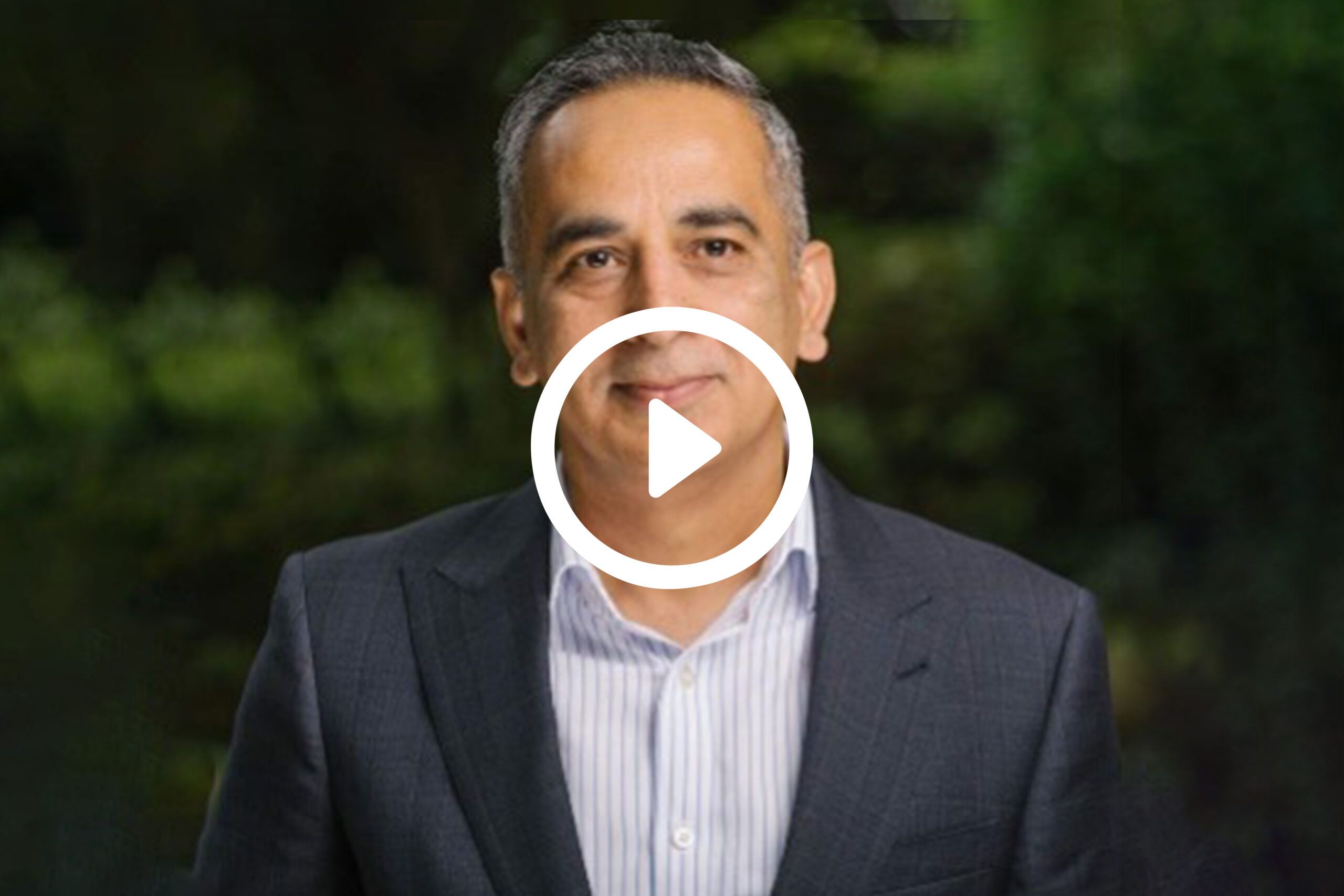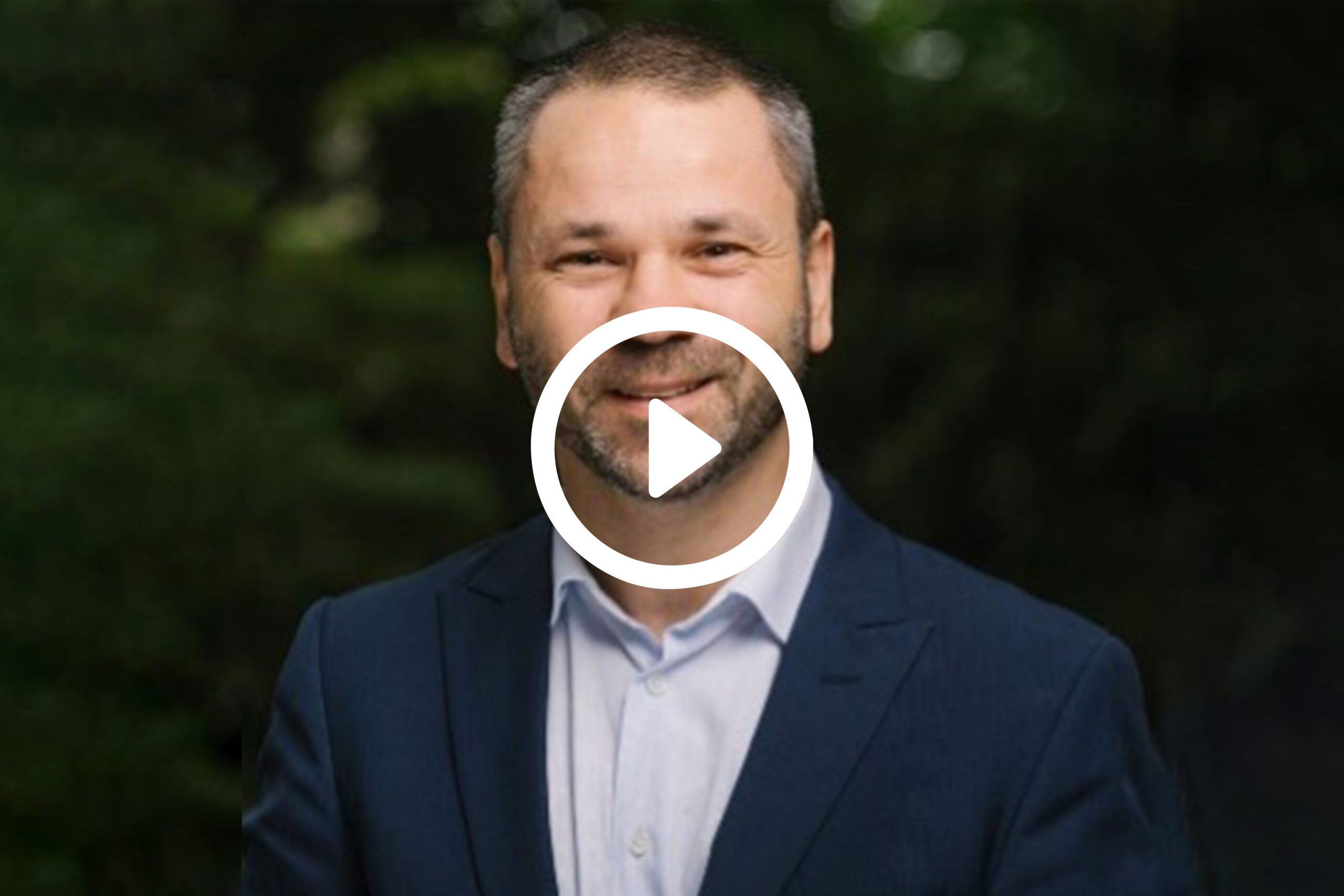Wealth Creation Habits – D.The Gambler
Wealth Creation Habits – D.The Gambler
Check the transcript of the video here:
Hi. My name is Marciej Stanek, Financial Advisor at Veurr. In our series on Wealth Creation Habits, I explain the graph and the meanings of each of the lines in the video on wealth destruction, so I urge you to watch that one first. This video will cover the habit that leads to line D. Line D shows net worth or wealth that is rapidly increasing only to fall off a cliff and collapse after a period of time. I’ve seen this scenario play out in many ways in my life as an advisor. Every time, this was due to a lack of risk assessment and a lack of patience on behalf of that individual whose wealth was on this trajectory. You’ll find this is the complete opposite mentality to someone who is a perpetual saver. Line C. When these wealth effects are created by liquid assets like a dot-com boom, or in the years prior to the global financial crisis, or more recently in cryptocurrencies, the habit that is reflected reminds me of the habits of a gambler.
I’ll use an extreme example to explain this. At times, people come to see me because I think deep down they’re aware that what they are doing is not quite right. It might seem too good to be true. They want me to convince them that their subconscious is wrong. They are looking for an answer that will suit their confirmation bias. One individual told me about his cryptocurrency journey. He started investing in cryptocurrency in 2017 when the prices were still quite low. He had about $30,000 initially from an inheritance, and decided it would be a good idea to go all in on one particular cryptocurrency. He was lucky enough for this cryptocurrency to go up in value about 10 times. He then started adding more money to it, taking money out of his home loan, and convincing family members to put their money towards it as it was the best investment, in his opinion.
By the way, when I questioned him on his risk assessment, he shrugged his shoulders and said he didn’t know, but he thought he’ll be fine as this cryptocurrency would never stop going up in value. At this point, the value of this individual’s crypto investments with all the additional funds he had pulled against his house and from multiple family members was worth about 1.2 million. This was mid 2021. My consideration of risk reward led me to ask him whether he would consider selling half of his investment as he could not only clear his mortgage, but he could pull out all the capital he had put into the investment while still having $600,000 in investment to keep growing if his predictions came true. Like the gambler, he said no, and he would keep holding it until it doubles and doubles again, at which point he may consider clearing his mortgage. Recently, cryptocurrency fell about 75% and his investment is worth less than the total he put into it.
A second example, which is less extreme, but definitely much more common relates to investment problem. We’ve had a 40 year period of overall falling interest rates. As interest rates came down, banks were willing to lend more and more money to individuals that was possible at previously higher interest rates. This meant that people were armed with bank approved loans, and could go out and buy properties at higher prices or even push up the prices of properties that would’ve been lower when interest rates were higher. This cycle of ever increasing property prices gave individuals access to equity on their existing investment properties, which could be used to leverage into the next property. As this cycle of ever falling interest rates continued, people were willing to borrow more and more, and buy at higher and higher prices. There were others who experienced FOMO and would stretch themselves so they didn’t miss out.
I spoke to one individual a few years ago who was financially stretched as a result of the mortgage on his loan. Luckily for him, interest rates fell, and he had some financial breathing space. He was also soon thereafter lucky enough to be promoted at work and his income almost doubled in a very short space of time. When he spoke to me, he really wanted to buy an investment property. I told him that the load to value ratio on his own home was quite high and it would be a high risk strategy, especially if interest rates went back up. I explained that it would be more prudent for him to put money towards an offset account against his existing loan to build a protective buffer in case interest rates went up, or he had a large expense that he did not account for.
Unfortunately, he never became my client and he ignored my advice. He found a bank that was willing to lend him money for an apartment in a new construction. His total debt increased by about 70% and his loan to value ratio was at extreme levels. He finalized the new property purchase just before interest rates started rising again. I believe the value of both his property is now equal to the total debt, and he is again struggling with debt repayments. As you can see, there are many different financial habits that certainly don’t lead to financial freedom. Line E represents the wealth trajectory of somebody who is managing all of their bad habits wealth. There is no video that can be produced to reflect how to achieve line. That’s where an ongoing relationship with a financial advisor can keep you on track. The first step is recognizing and reflecting on your own habits. Stay tuned for future Veurr videos on the strategies you can use to make smarter decisions and better wealth creation habits.
You might also like
This text is just to show how the paragraph would look. Let’s have an invitation phrase to the video.







